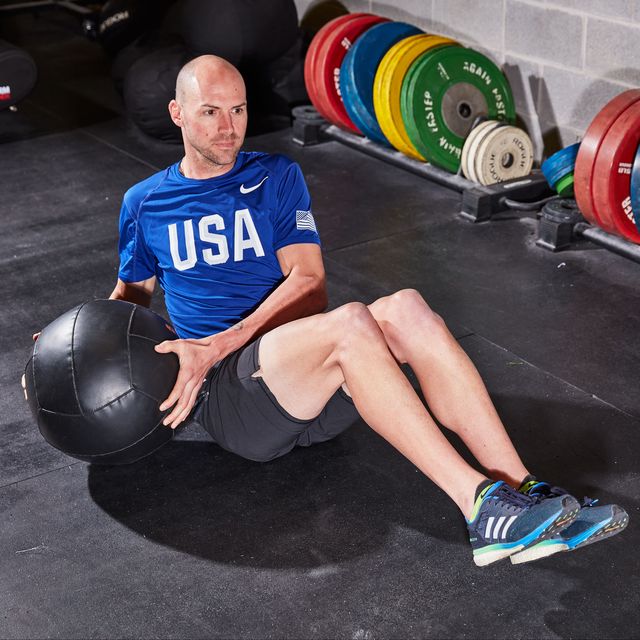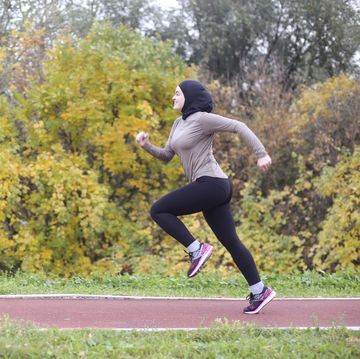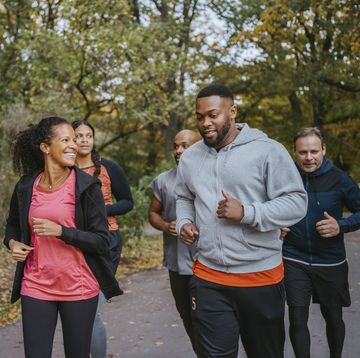- Consistent exercise as you age has a protective effect when it comes to fending off the effects of dementia, new research shows.
- This is because exercise keeps the synapses—or links between brain neurons that allow signals to pass—in the brain strong.
- You don’t need to be a marathon runner—even walking has been shown to relate to reduced risk of cognitive decline.
and physical activity hasnt been as easyuntil now healthy aging and exercise is a strong one, with studies highlighting benefits like bone density, lower fall risk, better cardiovascular function, and quality sleep. DAA Industry Opt Out brain health and physical activity hasn’t been as easy—until now.
A new study even walking has been shown to relate to reduced risk of cognitive decline Alzheimer's & Dementia looked at post-mortem brain scans of 400 older adults who had provided health information during a long-term study. Researchers assessed the amount of reported physical activity in the years before they died and compared that to specific proteins in the brain tissue associated with Alzheimer’s Elizabeth Millard is a freelance writer focusing on health, wellness, fitness, and food.
They found that even in those with high levels of proteins linked to Alzheimer’s, consistent exercise in later years had a protective effect when it came to fending off the effects of dementia, since it kept the synapses—or links between brain neurons that allow signals to pass—in the brain strong. This seemed to be true not just in the area of the brain related to memory—called the hippocampus—but also throughout other brain areas, which may have led to greater function overall.
The research is notable because it describes, for the first time in humans, that synaptic functioning may be a pathway through with physical activity promotes brain health, according to the study’s co-author, Kaitlin Casaletto, Ph.D., assistant professor in the Memory and Aging Center at University of California, San Francisco.
Many studies have shown that physical activity relates to between 30 and 80 percent reduced risk of dementia, she told Runner’s World, but insights on the specific reason why has been lacking. With this study’s focus on the brain’s synapses, it provides a strong starting point for looking at how exercise can benefit these brain connections.
“Synapses are the critical communicating junctions between nerve cells, and are really where the magic happens when it comes to cognition,” Casaletto said, adding that all of our thinking and memory occurs as a result of these synapses.
Those who are able to maintain those connections—even when there’s toxic protein buildup in the brain during aging—seem to maintain their thinking abilities into older ages, according to Casaletto.
“Although these data are observational, our study suggests that physical activity may be a readily available tool to promote healthy synaptic functioning,” she said.
Although all movement is good movement, another notable aspect of the study is that consistent, high levels of physical activity provide the most protection, she added. As participants increased their exercise, the synaptic protein levels in brain tissue also became more elevated. But one type of workout didn’t seem to be more protective than another—simply putting in the exercise was a brain boost.
“This suggests that every movement counts when it comes to brain heath,” said Casaletto. “But it doesn’t need to be marathon running—even walking has been shown to relate to reduced risk of cognitive decline.”
Elizabeth Millard is a freelance writer focusing on health, wellness, fitness, and food.

















